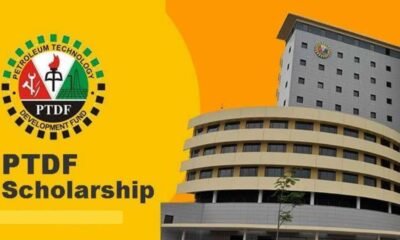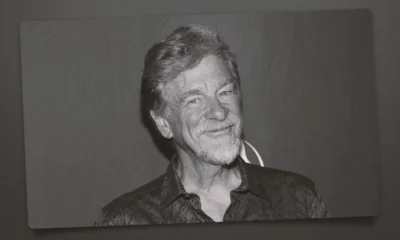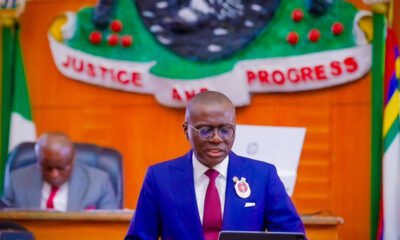World
Pilot, 4 others killed in Nepal chopper crash
A helicopter crashed in central Nepal on Wednesday, killing all five people aboard including the pilot and four Chinese passengers.
Nepal has a woeful track record on aviation safety and the Himalayan republic has seen a spate of deadly light plane and helicopter crashes over the decades.
The Air Dynasty chopper was heading to Syabrubesi, a starting point for many trekking routes popular with tourists, from the capital Kathmandu.
It lost contact about three minutes after taking off, a press release from the Civil Aviation Authority said, and crashed in Nuwakot district north of the capital.
“All five people aboard including the pilot are dead,” police spokesman Dan Bahadur Karki told AFP.
Nuwakot district officer Ram Krishna Adhikari, said five dead bodies have been retrieved from the accident site.
“Police have already reached the site and the rescue operation is going on,” he said.
Nepal’s air industry has boomed in recent years, carrying goods and people between hard-to-reach areas as well as foreign trekkers and climbers.
But it has been plagued by poor safety due to insufficient training and maintenance, issues compounded by mountainous Nepal’s treacherous geography.
The Himalayan republic has some of the world’s most remote and tricky runways, flanked by snow-capped peaks with approaches that pose a challenge even for accomplished pilots.
The European Union has banned all Nepali carriers from its airspace over safety concerns.





















